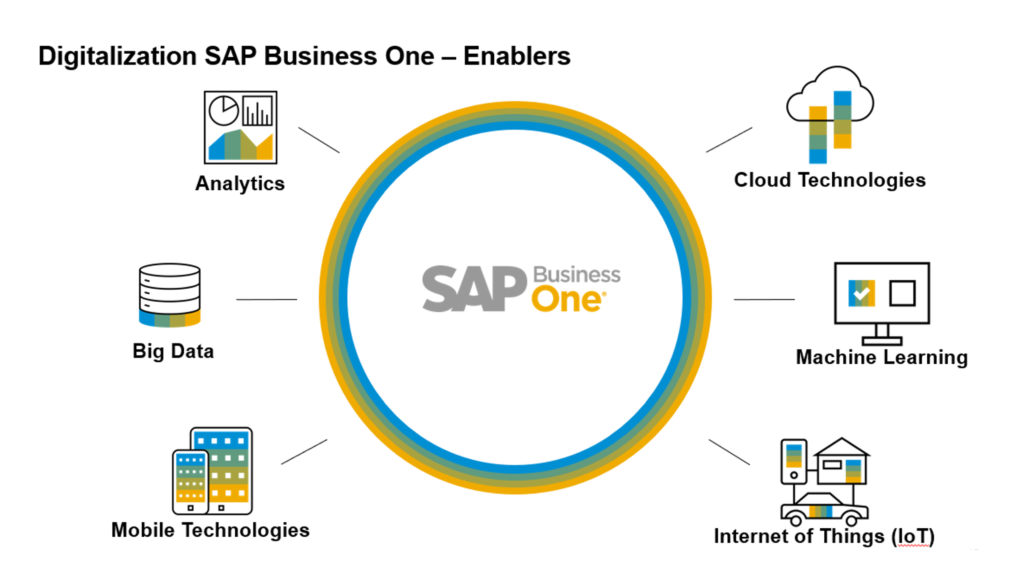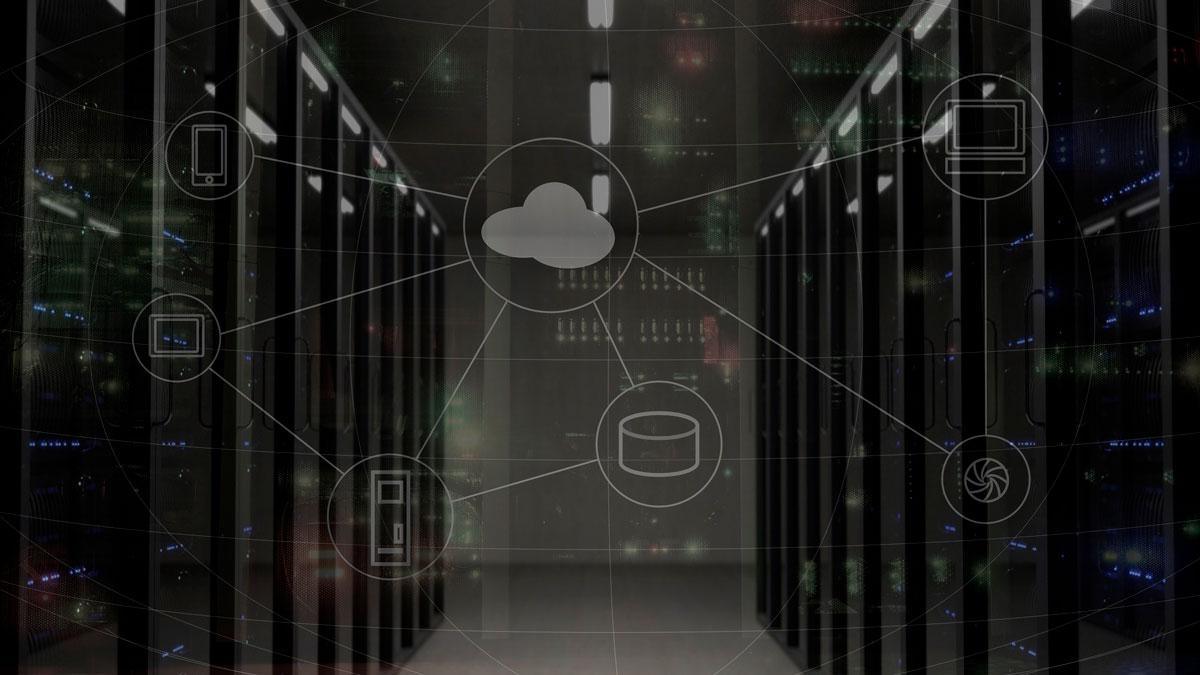
The Resilient Cloud as a strategy for business continuity.
Resilience is defined as the ability to return to being operational after a degradation or total failure in the cloud infrastructure.
Nowadays, information technologies have become vital for the operation of companies, therefore, any interruption within their operational processes and systems can represent great economic losses and risks in the security of a company’s data.

Hence the importance of having a cloud that allows recovery quickly and without major losses. The advantages that they offer to companies are multiple, since resilience becomes a competitive factor, being prepared to face a sudden fall that could affect business continuity.
The importance of the customer and competitive advantages.
The resilient cloud is primarily intended for the consumer, so that customers or application users have the best experience, that they can use the applications when they need it, with the intensity that they need it, regardless of whether it is a high season or low, if it is a fortnightly Friday or it is a non-working day. I think about the companies that have implemented it, how they have benefited in terms of trust and reputation obtained from their clients, simply for being available or having such high levels of service and operations that they realize that they are practically all the time working, that your information is available all the time and that your applications work optimally.
On the other hand, there is reputation, we have all stood in line at the bank and suddenly they report that the system has crashed and what happens, the client stops trusting the institution or goes to some other place and in that they are told that the system is very slow and what happens is that the confidence of the users is being undermined if you do not have the ability to respond to them at the speed and time that they require. Finally, resilience as it is not only for a system interruption issue but also for a work overload, allows us to be there for both scenarios, providing an agility that competitors probably do not have and gaining that piece of the market can be very interesting for any industry.

And at what level are we in Mexico regarding the adoption of the Cloud?
In the Mexican market it is not yet a reality, there is a need to mature on the issue of the implementation of the structure, of the cloud or as a service. The following are the natural evolutions that can be resilience in the cloud or other technologies that are still little adopted by companies, there is a lack of awareness process for those in charge or decision makers of how important it is to adopt measures to have resilience important or total within the structures of organizations.
However, the banking of financial companies are usually in a stage of greater maturity, probably also in the health industry, finally there are a series of information availability and privacy requirements for which both industries tend to be more advanced on these topics
Business continuity.
That today companies optimize their processes through the Cloud becomes a competitive advantage in a world where everything is already too fast and everything is very dynamic, where timely decision-making and rapid recovery from a disaster puts the company on the right track. above your competitors.
Did you know…?
SAP Business One version in the cloud, is designed with maximum flexibility so that, as your business evolves, you can adapt and extend the solution.
Here are some solutions.
- Complete integrated functionalities.
Transparent and affordable cost structure.
Automatic updates with the benefits of continuous innovation.
Ability to extend and deploy new functionality quickly.
It operates on the SAP HANA® and Microsoft SQL Server platforms.
Maximum security provided by trusted partners.
-Information via Octapus-

